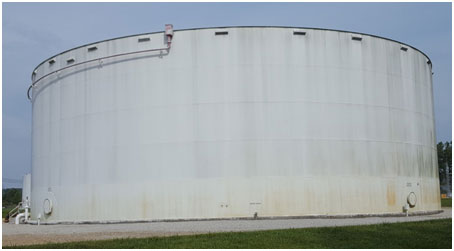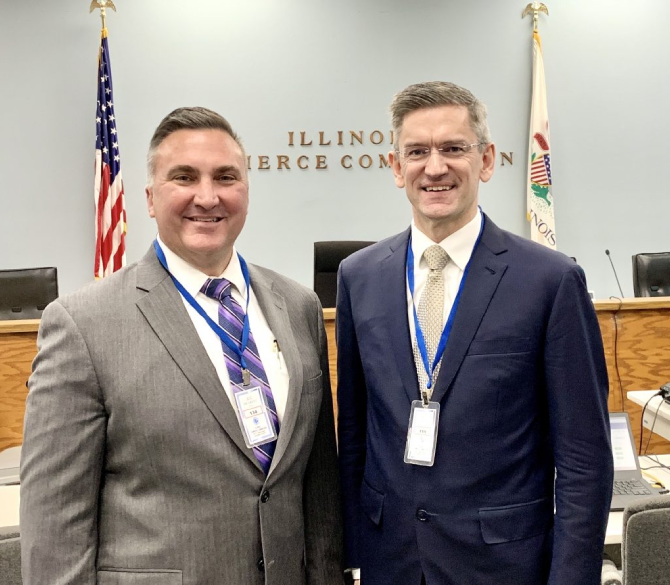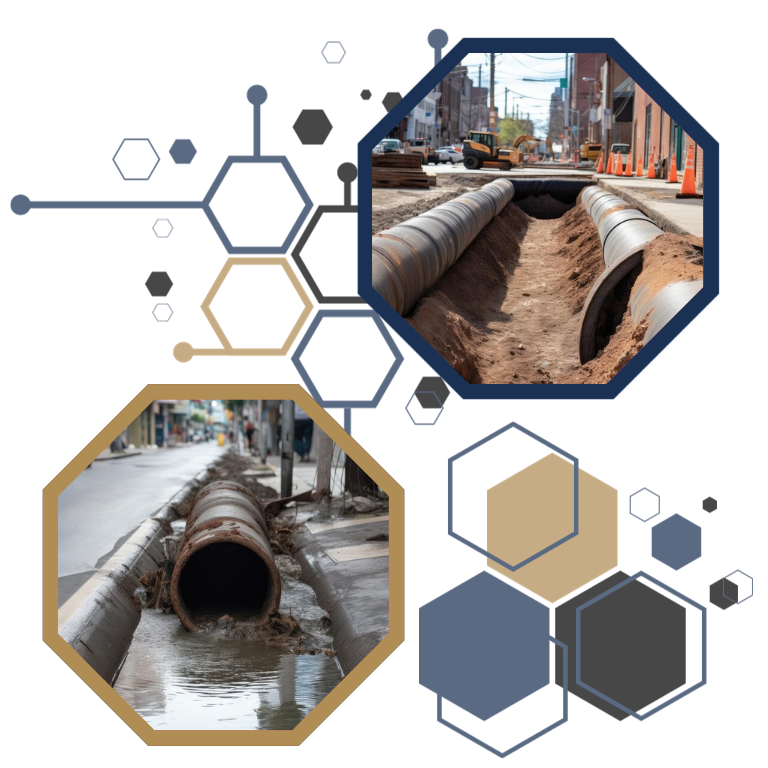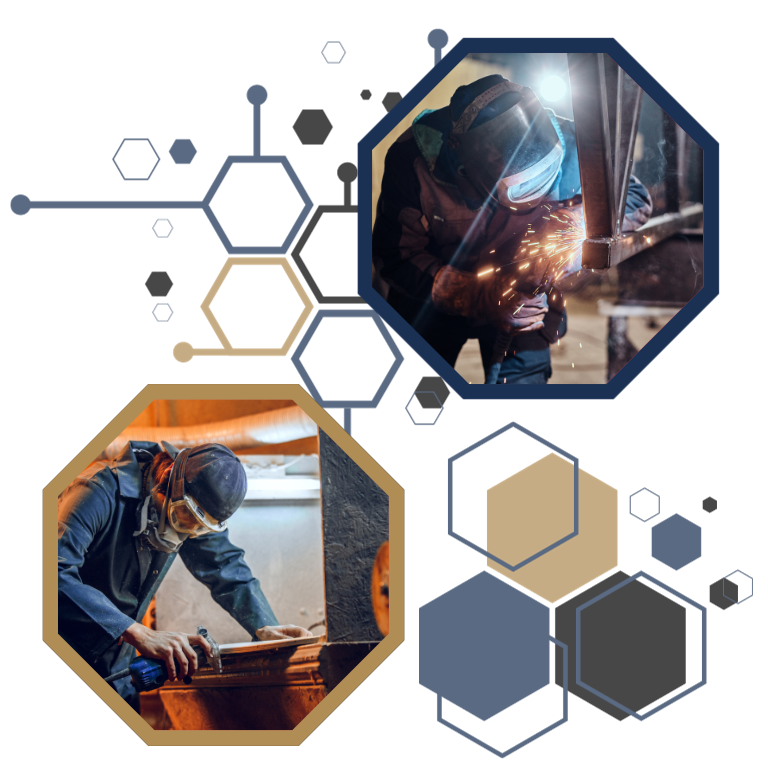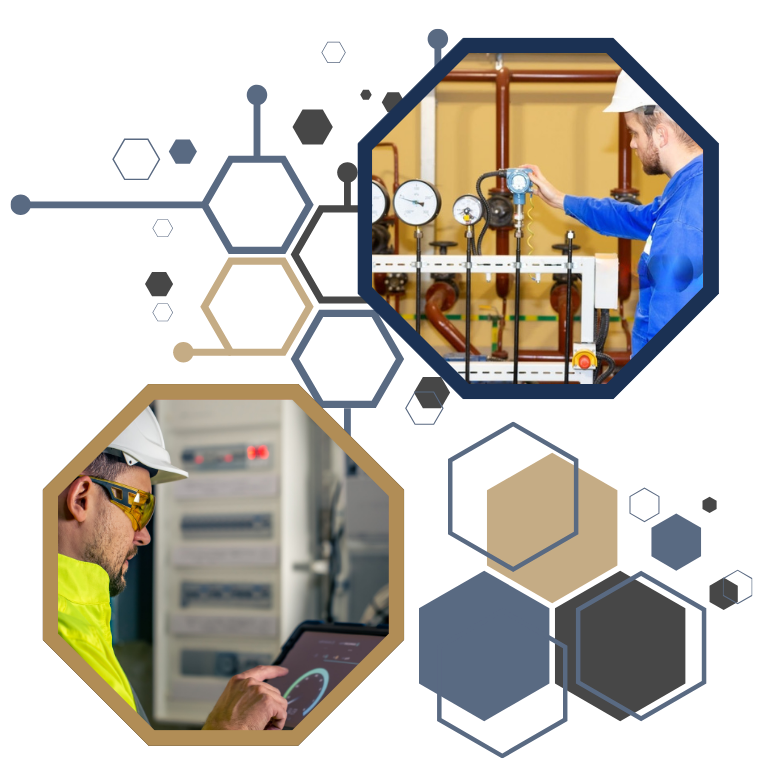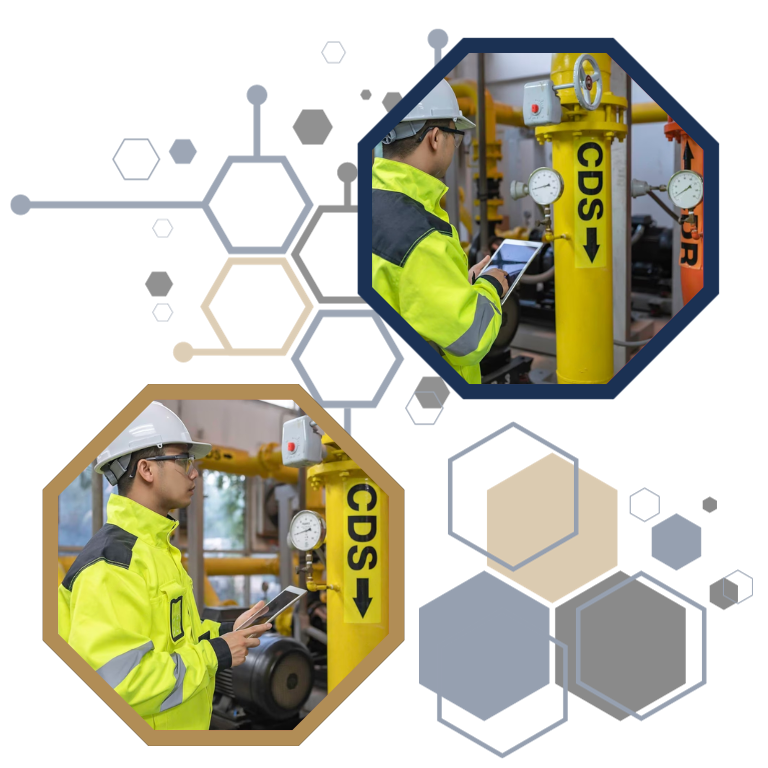Investigation of Interior Corrosion of Above-Ground Storage Tanks
Barry Hindin, PhD, PE Senior Principal Engineer Kiefner and Associates, Inc. The Failure Analysis and Welding (FAW) group at Kiefner traditionally investigates the causes of failures of buried pipelines carrying various petroleum products ranging from crude oil, refined liquid products, natural gas, and condensates. However, many of our customers do not know that Kiefner has […]
Investigation of Interior Corrosion of Above-Ground Storage Tanks Read More »


